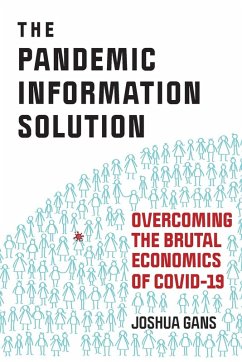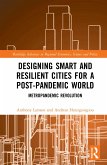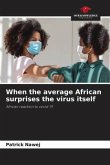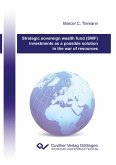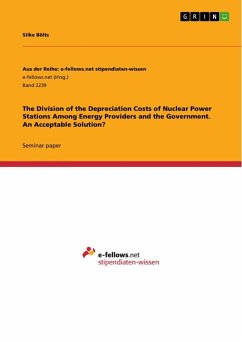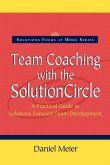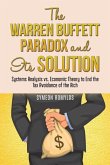Covid-19 is a global pandemic inflicting large health and economic costs. In his previous book, The Pandemic Information Gap: The Brutal Economics of COVID-19 (MIT Press, 2020), economist Joshua Gans explains that those costs have been so large because governments and others have lacked the information needed to control the pandemic. Unless we know who is infectious, we can't break the chains of transmission, which results in the escalation of our problems. Pandemics, he writes, are information problems. Now, in this follow-up book, Gans outlines the solution to the information gap. By engaging in rapid, frequent screening, we can control the pandemic and restore normality. We can lower the number of cases, break chains of transmission, and make it safe for people to interact again. This will require changing our mindset about testing, gathering the right information, and matching that information to the right decisions. We have the ingredients to do all these things. We just need to put them together in a scalable and sustainable system. This book is a guide to the issues and trade-offs that policymakers and other key decision-makers need to grapple with and follow.
Hinweis: Dieser Artikel kann nur an eine deutsche Lieferadresse ausgeliefert werden.
Hinweis: Dieser Artikel kann nur an eine deutsche Lieferadresse ausgeliefert werden.

